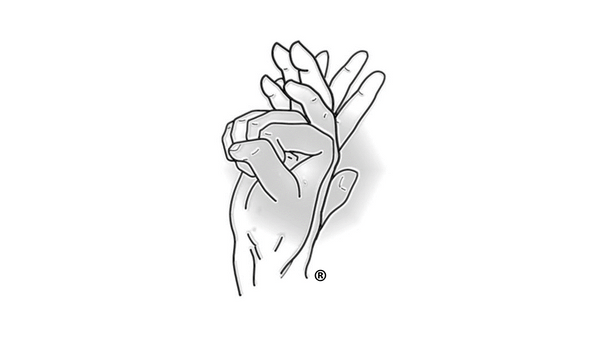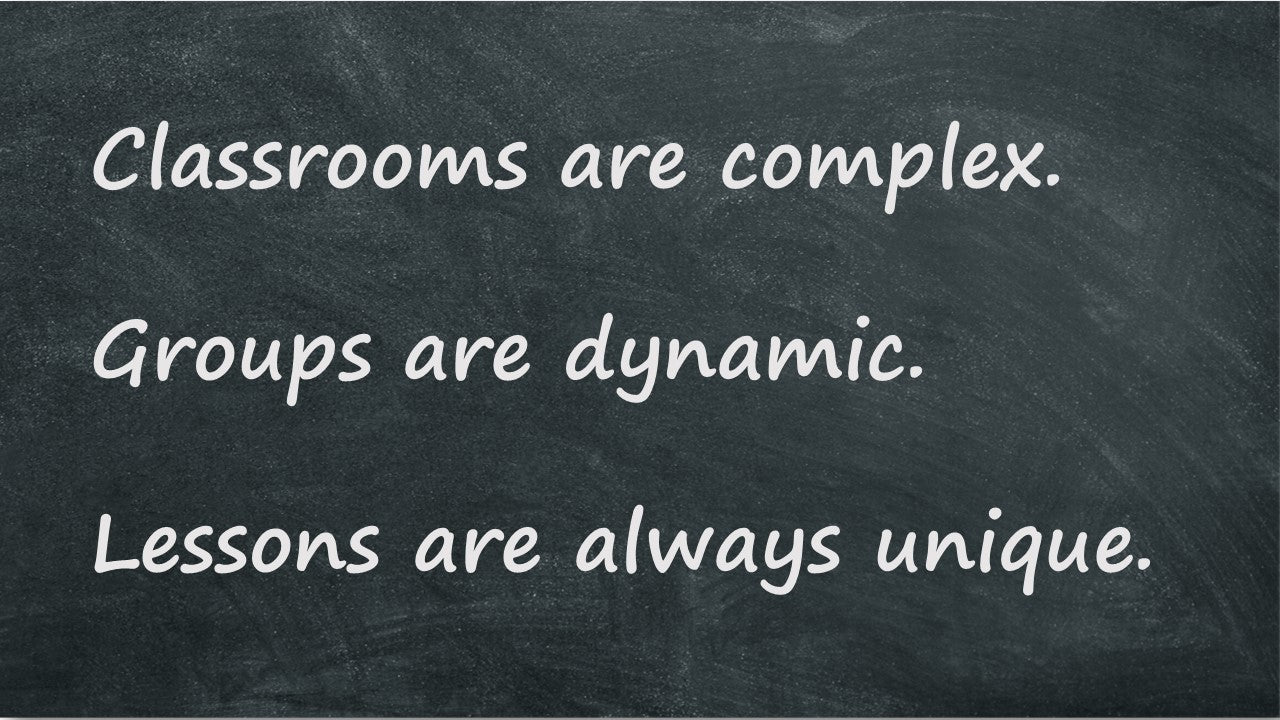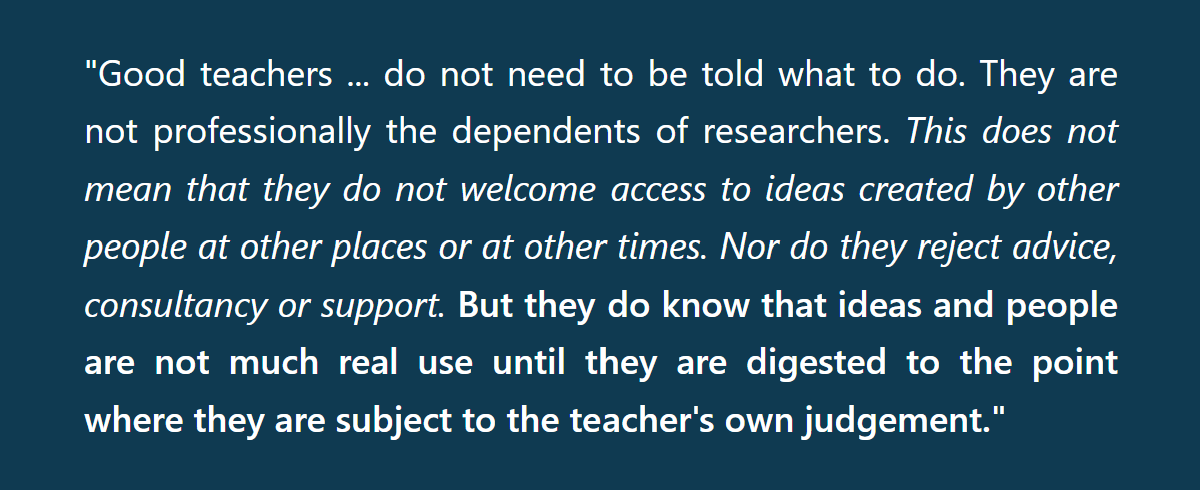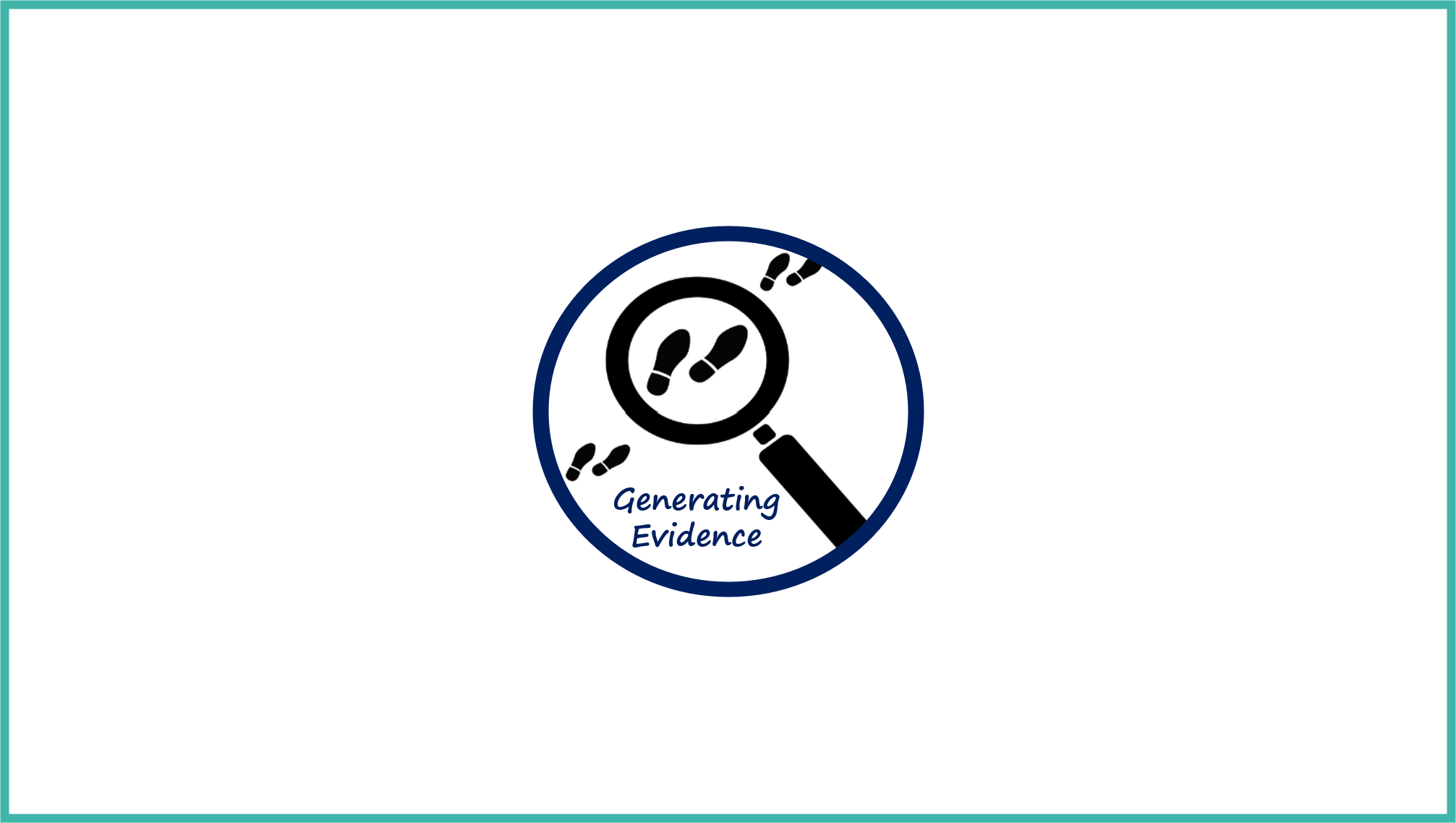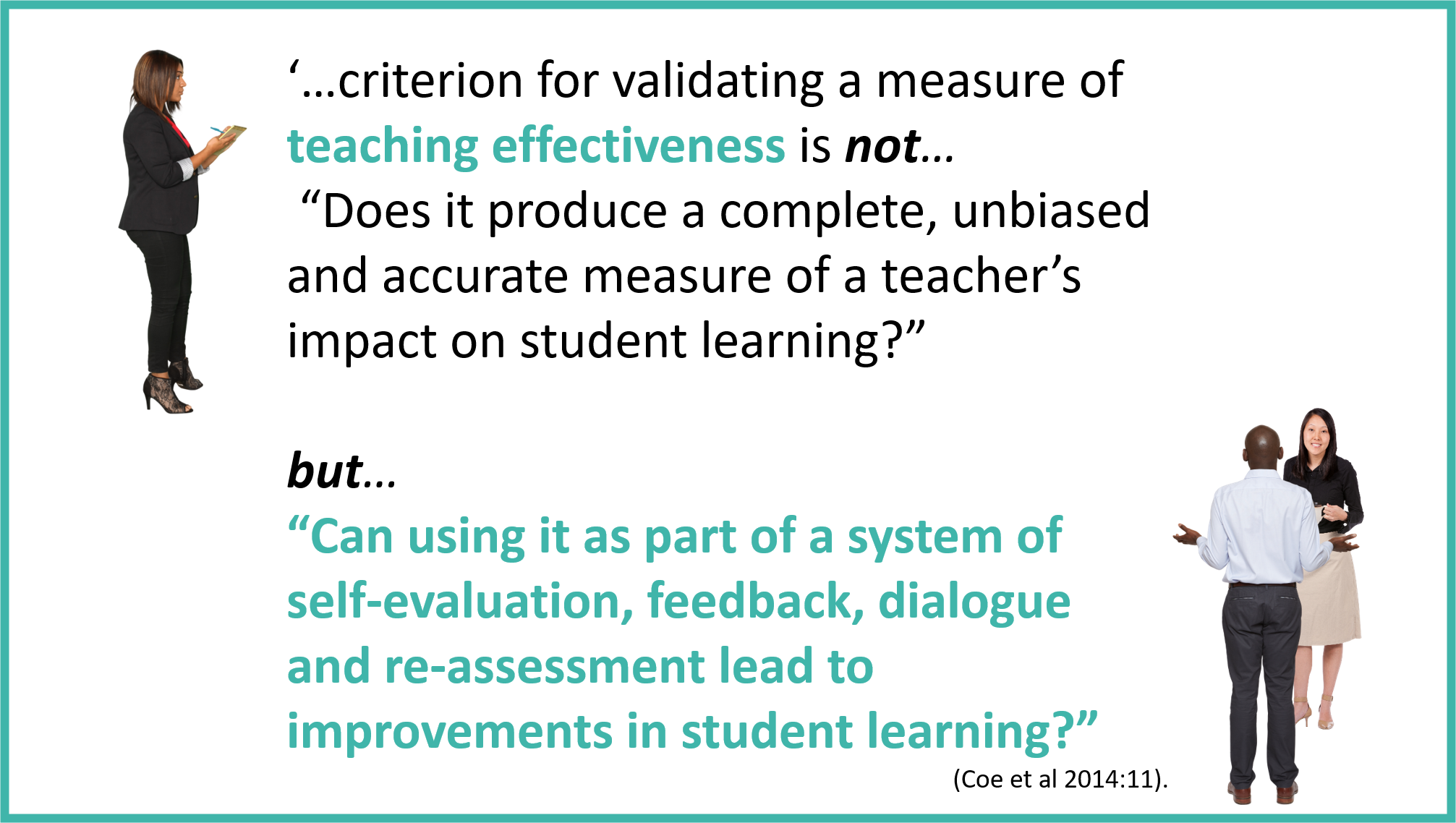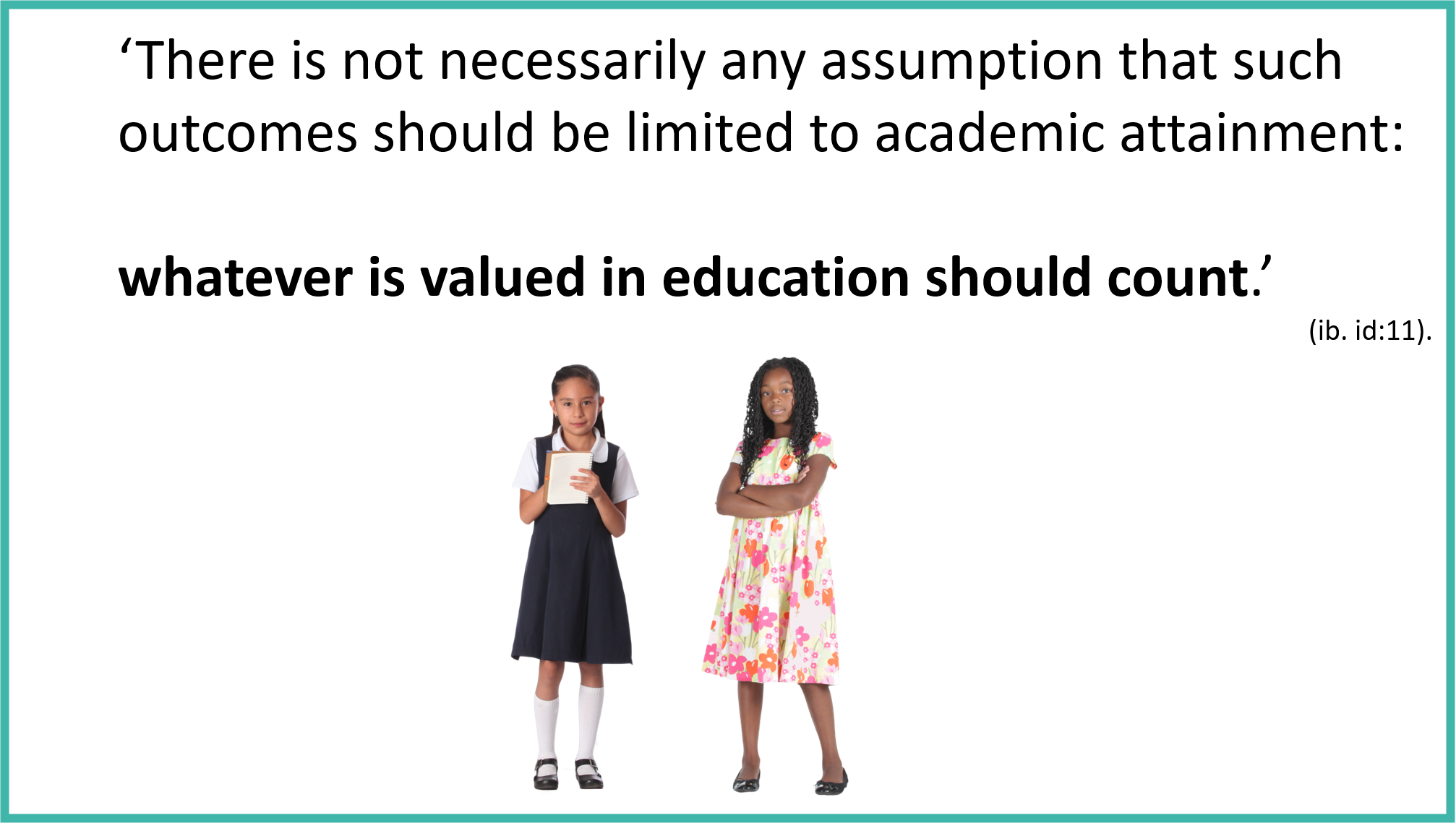GENERATING EVIDENCE
Does your professional development tend to provide you with yet more knowledge or better knowledge?
That is - does it lead to insights and moments of realisation?
- does it enable you to explain why you do what you do?
- does it illuminate your educational influence?
The tagline ‘what works’ is understandably appealing to those in a knowledge-driven profession. The phrase 'evidence-informed' provides a reassuring nod to advocated approaches. Unsurprisingly, in the quest to improve, the principles from popular commercialised research are easily and readily accepted by educators as 'best bets'.
For years I was at the front of the queue embracing other people's research: Assertive Discipline, Accelerated Learning, Meta-analysis, Mindset and anything else that was the flavour of the month. Until I belatedly came to realise:
As I began to research my own classroom, I became invigorated when I studied the ground-breaking work of Professor Jack Whitehead:
Q: How do I improve what I'm doing here?'
'Educational' refers to its transformative power and purpose, which aim to enhance, benefit, impact, and influence learning and change.
Edusense's unique methodology was designed to meet the needs of' intelligent reflective practitioners'
Essential questions around Effectiveness, Impact, Learning & Outcomes...
Acknowledging consequential validity emphasises the importance of considering the broader, real-world effects of a teacher's work. It recognises that teachers have a deeper influence on students beyond what can be measured by standardised tests.
